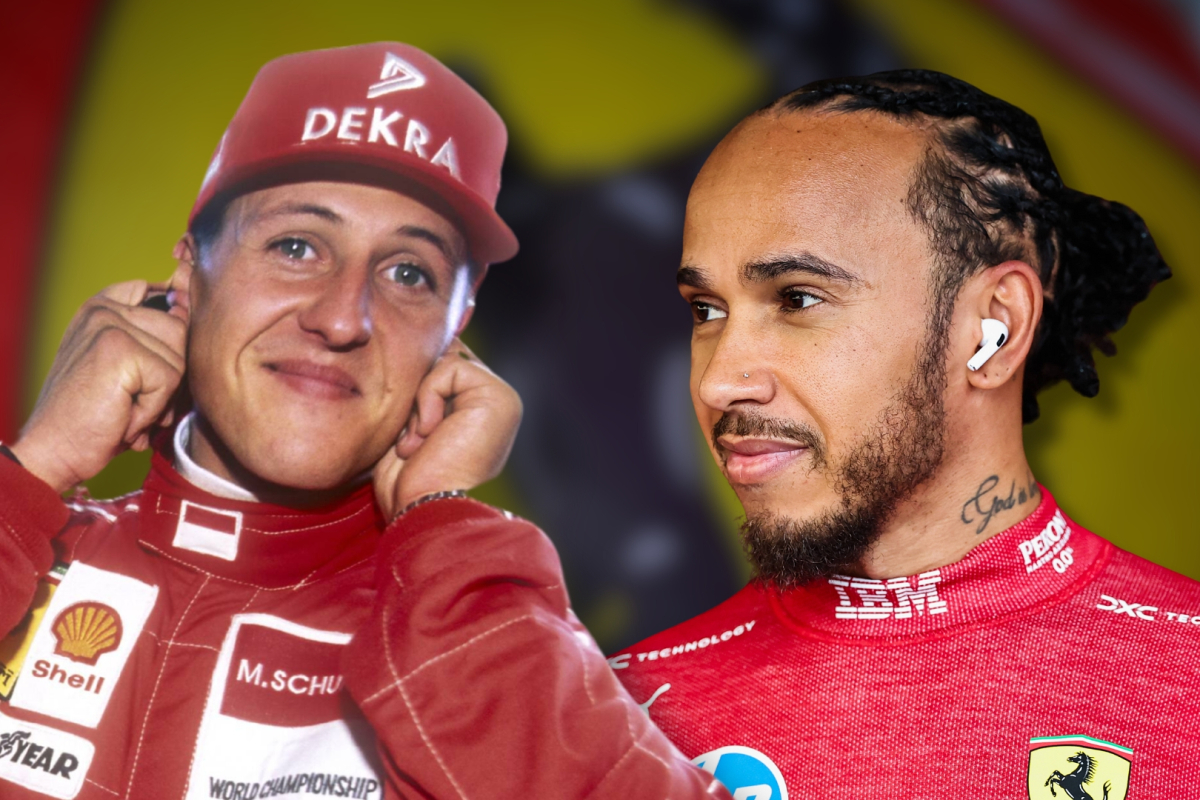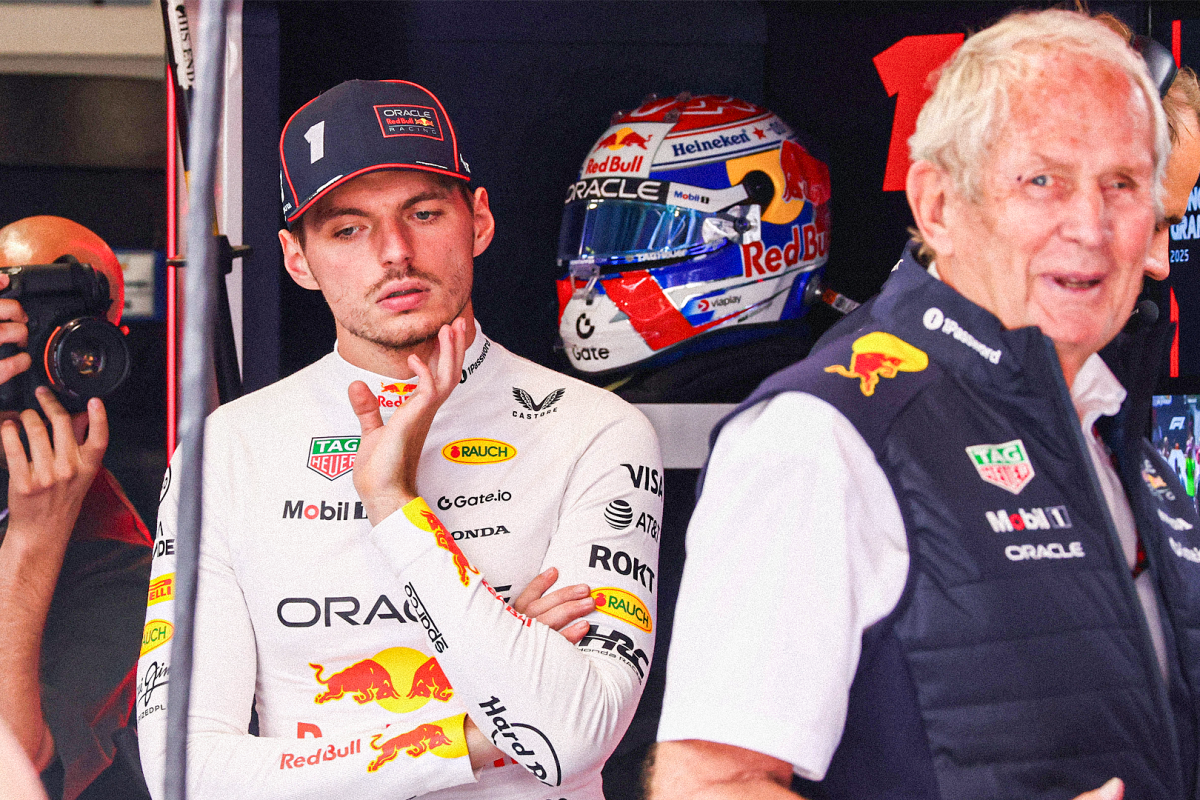Lewis Hamilton Voices Concerns Over F1’s Future Amid S…read more
Lewis Hamilton has expressed his growing concerns over the direction Formula 1 is heading, particularly with the major rule changes set for 2026. The seven-time world champion, who recently joined Ferrari in a bid to challenge for an unprecedented eighth title, believes that the sport is drifting away from its core identity, citing issues with the upcoming regulations and the current generation of cars.
The new rules will see a greater reliance on electrical power, aiming to make F1 more sustainable and environmentally friendly. These changes include lighter and smaller chassis, enhanced electric motor output, and continued use of the V6 hybrid power units, though these engines are expected to become even quieter. While this is a positive move in terms of sustainability, Hamilton fears that the changes may further alienate fans who fell in love with the sound and feel of older F1 eras.
“I don’t think it’s going in the right direction personally,” Hamilton told Sky Sports F1. “But maybe I’ll be surprised next year, maybe we’ll arrive and the cars are really nice.”
One of Hamilton’s main criticisms is the current weight of the cars. The 2022 regulations introduced a new generation of ground-effect cars, which have been significantly heavier than those of previous eras. Despite plans to make the 2026 cars lighter, Hamilton remains skeptical.
“The direction we’re going, we’re going slower, the cars are getting heavier. Next year the cars are getting lighter, but this generation of cars are the heaviest I’ve ever raced in,” he added.
Hamilton also touched on a topic that many long-time F1 fans are passionate about—the sound of the cars. Since the shift to hybrid V6 engines in 2014, the unmistakable roar that once defined the sport has been replaced by a quieter, more subdued tone. While Hamilton supports sustainability efforts, he openly laments the loss of auditory drama.
“I miss the sound, and when you hear a V12 Ferrari it’s like ‘argh’, it’s the passion,” Hamilton said, nostalgically referencing the legendary Ferrari machines driven by Michael Schumacher in the early 2000s. “As soon as we started with V6s… it’s a good direction for the world in terms of sustainability, but the sound is not the same as when you watch Michael Schumacher’s car from 2003 come past.”
Hamilton’s comments are particularly significant given his current chapter with Ferrari—the same team with which Schumacher claimed five of his seven world titles. Although Hamilton’s tenure with Ferrari has had a slow start, there are signs of promise. His recent fourth-place finish at the Emilia-Romagna Grand Prix in Imola marked a solid result, and he appears more comfortable with the team dynamics, showing improved synergy with the engineers and management.
While matching Schumacher’s legacy at Ferrari—five consecutive titles between 2000 and 2004—may be an unrealistic target given Hamilton’s age and the team’s current form, his move has already been seen as Ferrari’s biggest driver acquisition since the German icon. Hamilton’s goal remains clear: to capture his eighth world championship and break the record he currently shares with Schumacher.
Despite his criticism of the sport’s trajectory, Hamilton is not alone in his concerns. Red Bull team principal Christian Horner recently supported a proposal to revert to more traditional V10 engines powered by sustainable fuels by 2028. While that proposal was rejected by the sport’s governing bodies, there is speculation that similar plans could be reconsidered for 2030, indicating a potential shift back toward fan-favorite engine formats in the long term.
As F1 navigates the balance between innovation and tradition, the voices of its most iconic drivers carry significant weight. Hamilton’s comments highlight a broader conversation within the sport—one that pits technological progress and environmental responsibility against the visceral elements that have made F1 so beloved by fans for decades.
Whether or not the 2026 regulations will strike the right balance remains to be seen. For now, Hamilton will hope Ferrari can make the most of any potential shake-up in the competitive order, leveraging the changes to return to championship-winning form and give him the platform to pursue one last historic triumph.




